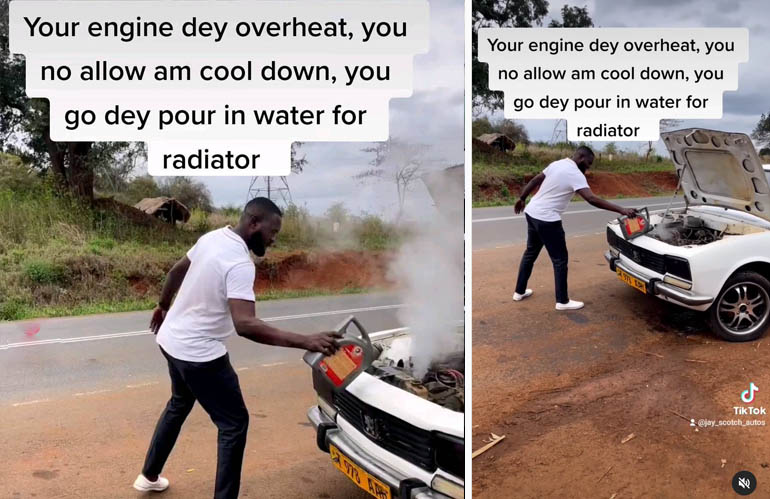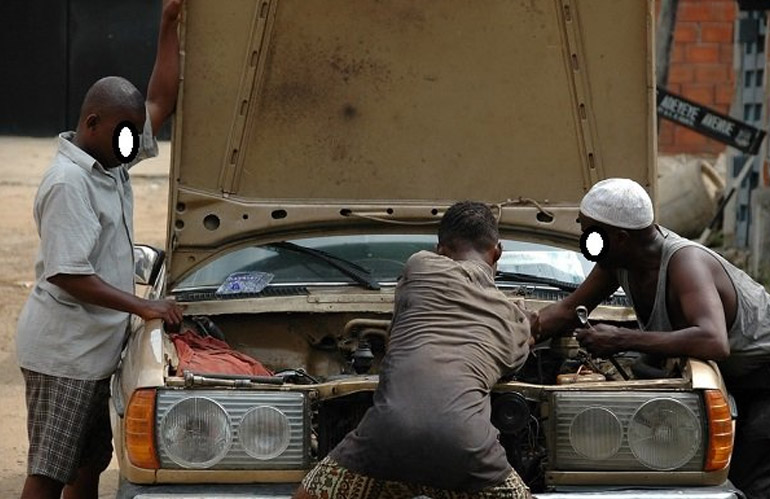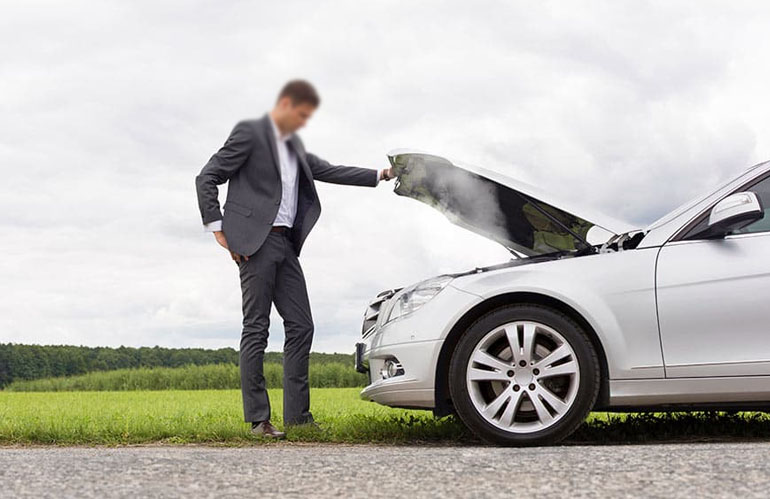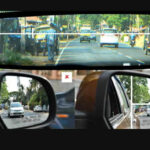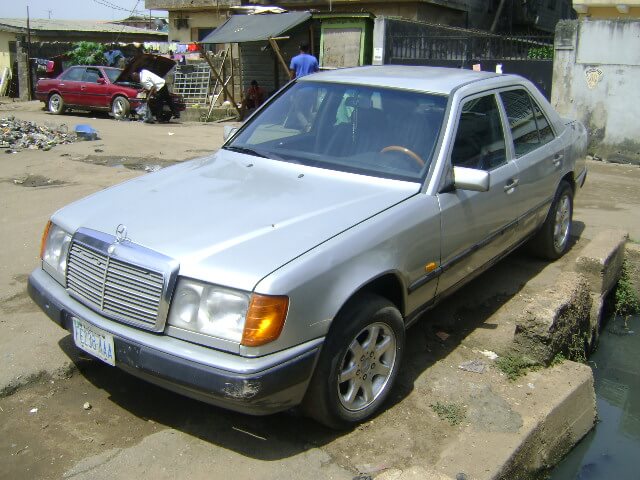Are you enduring the worst heat in a heated car? Have you encountered engine overheating issues? You’ll melt just thinking about it!
Table of Contents
And if it does, you don’t want to be left stranded in a remote area or left debating whether you should contact roadside assistance or just leave the car there. However, even if your engine’s temperature does not rise to risky levels, it can still cause serious issues, including premature wear and tear.
Fortunately, you can do a few things to prevent engine overheating from occurring in the first place. For answers to questions like “What occurs when a car overheats?” and “What to do when a car keeps overheating?” and many others, read the following blog post. With the help of these suggestions, you can keep your automobile from overheating and learn what to do if it does.
What causes engine overheating, and how can I prevent it?
While a minor overheating incident could just result in a few litres of water boiling away, the more serious problem of failing to keep an eye on your engine’s temperature could have equally disastrous results. There are numerous reasons why cars overheat. When your engine overheats, something inside of it is producing more heat than it can handle. It can be a blockage in your radiator, a broken coolant fan, or another issue. Furthermore, frequent and abrupt temperature increases may indicate a cooling system leak that has to be fixed.
Maintaining a well-maintained vehicle is the simplest technique to prevent further damage to an overheated vehicle. When you take your car to the nearby repair shop for maintenance, check the coolant and the air conditioning system. Antifreeze deteriorates over time, and an old cooling system is less effective at maintaining the right engine temperatures. Also, a lot of mechanics frequently overfill a car’s cooling system, which might overheat the engine. It can be as easy as a clogged radiator or low coolant level if your automobile frequently overheats in highway traffic or other congested areas. During the sweltering summer, when the weather is at its worst, overheated engines frequently occur.
But you should continue to check your cooling system’s condition on a regular basis and notify a professional.
What signs point to an engine that is overheating?
You may experience the following signs of an overheating vehicle:
- It’s possible for your air conditioner to malfunction or run more slowly.
- the car’s front hood began to emit steam.
- Engine temperature readings may also increase or shift into the “red zone,” which is an overheating warning sign.
- The front of the car is where the weird odour is coming from. This could be brought on by a number of problems, including damaged fuel or pressure sensors, leaking differentials, or faulty transmissions.
- But you should continue to check your cooling system’s condition on a regular basis and notify a professional.
What To Do When Engine Overheats
- The heater should be turned on if your engine is overheated.
Turning on the heating is appropriate for your automobile and engine, despite what can initially seem paradoxical. Your machine and cooling system will experience fewer stress thanks to the warm air inside your car. If it doesn’t work, you may always cut down the air conditioner’s temperature or activate a different heating source.
- Stop
If your car overheats while you’re en route to work or school, pull over right away, and if it doesn’t start again in a few minutes, turn off the engine.
- Stay seated
Do not try to open the hood of an overheated car while it is still hot. Instead, give the engine 15 minutes to cool. Once you open the hood and see that coolant is leaking out, call the assistant or use a coolant-removal product like those sold at auto parts stores to eliminate excess water.
- Include coolant
Check to determine if there is coolant in your overflow reservoir if, within 15 minutes, the engine cools below the typical operating temperature. If not, add extra water or coolant. After that, start the car and test it out until the temperature is back to normal.
- Drive to the service area
It’s essential to keep an eye on the car’s temperature gauge while driving. Things like fluid under the car, steam coming out of the hood, or coolant leaking can all be signs of a damaged system. If you notice these things, pull over and have your car towed to a repair shop.
Frequently Asked Questions
How do you cool down an overheated car?
What to do when your car overheats
Have 1 million naira and above to Buy or Sell Cars In Nigeria? Check carlots.ng
All rights reserved. Reproduction, publication, broadcasting, rewriting, or redistribution of this material and other digital content on carmart.ng is strictly prohibited without prior express written permission from Carmart Nigeria - Contact: [email protected]

